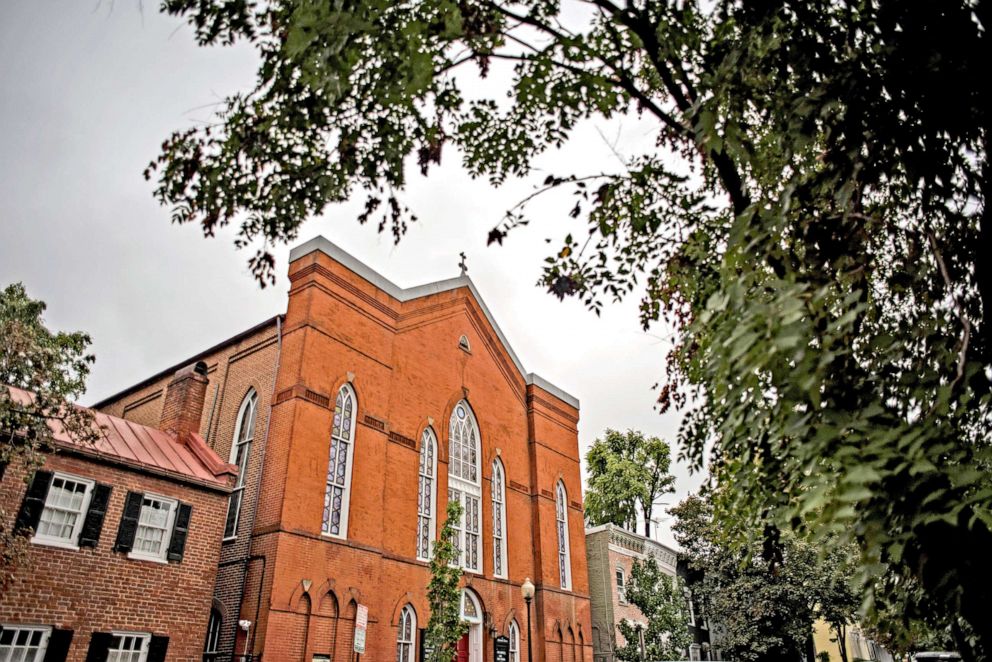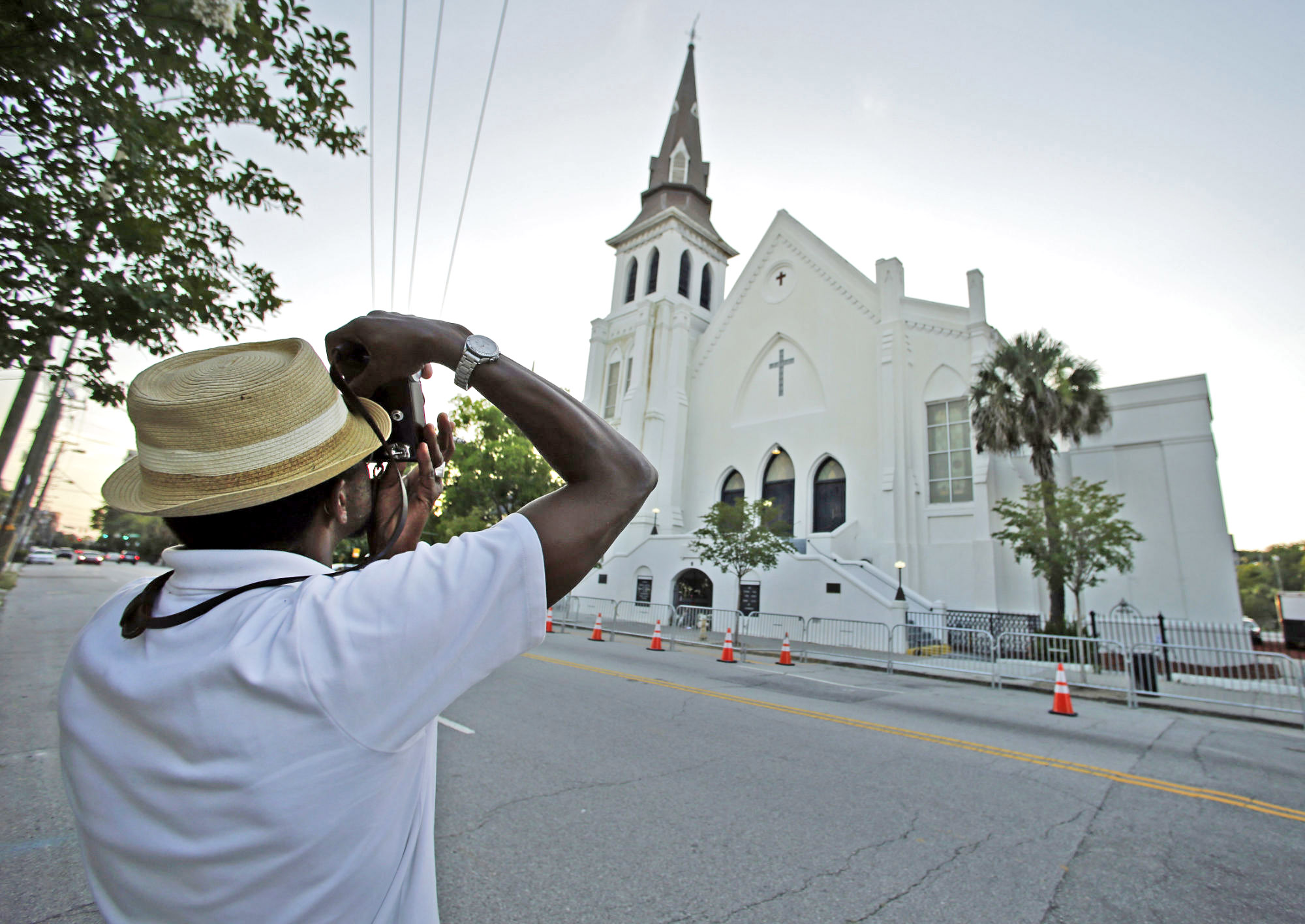Black church preservation project gets $20 million donation on MLK Day
The donation will help fund, preserve and rebuild historical Black churches.
Black churches are not just places of worship -- they're community centers, historical landmarks and safe havens for many, according to Brent Leggs, the executive of the African American Cultural Heritage Action Fund.
Now, $20 million has been donated to help preserve, rebuild and tell the stories of Black churches across the country.
"The centerpiece of Black communities starts with the Black church," Leggs said in an interview with ABC News.
"Black churches are exceptionally important in American democracy, not only for their legacy in civil and human rights, but also for their role in uplifting civic identity and community empowerment," he added.

Lilly Endowment Inc., a philanthropic foundation that supports religious and educational endeavors, gave the large sum of money to the National Trust for Historic Preservation's African American Cultural Heritage Action Fund.
The million-dollar donation to the fund's Preserving Black Churches Project was announced on Monday to coincide with the Martin Luther King Jr. holiday.
Many places of worship have been through challenging times, balancing the COVID-19 pandemic, a lack of funding, the increasing threat of natural disasters and more.
But these places are often seen as pillars in the community. They've been the site of civil rights efforts, Black artistry and the birthplace of civic engagement for many historical figures -- without them, pieces of American history is lost, Leggs said.

"[Preserving] our shared cultural heritage and pride is an act of racial justice," he said.
The program will provide direct and targeted funding and assistance to Black churches for staffing and operations, create an emergency fund and help churches develop digital storytelling and documentation strategies.
St. James AME Church will receive $100,000 as one of the first recipients of the project’s emergency fund. The Mayfield, Kentucky, church was founded in 1868 and was destroyed last month from a tornado that killed more than 20 people.
"Black history is American history and it is our responsibility to cultivate spaces to engage with it," the fund's website stated. "We must ensure that everyone has the opportunity to draw inspiration and wisdom from African American historic places."



